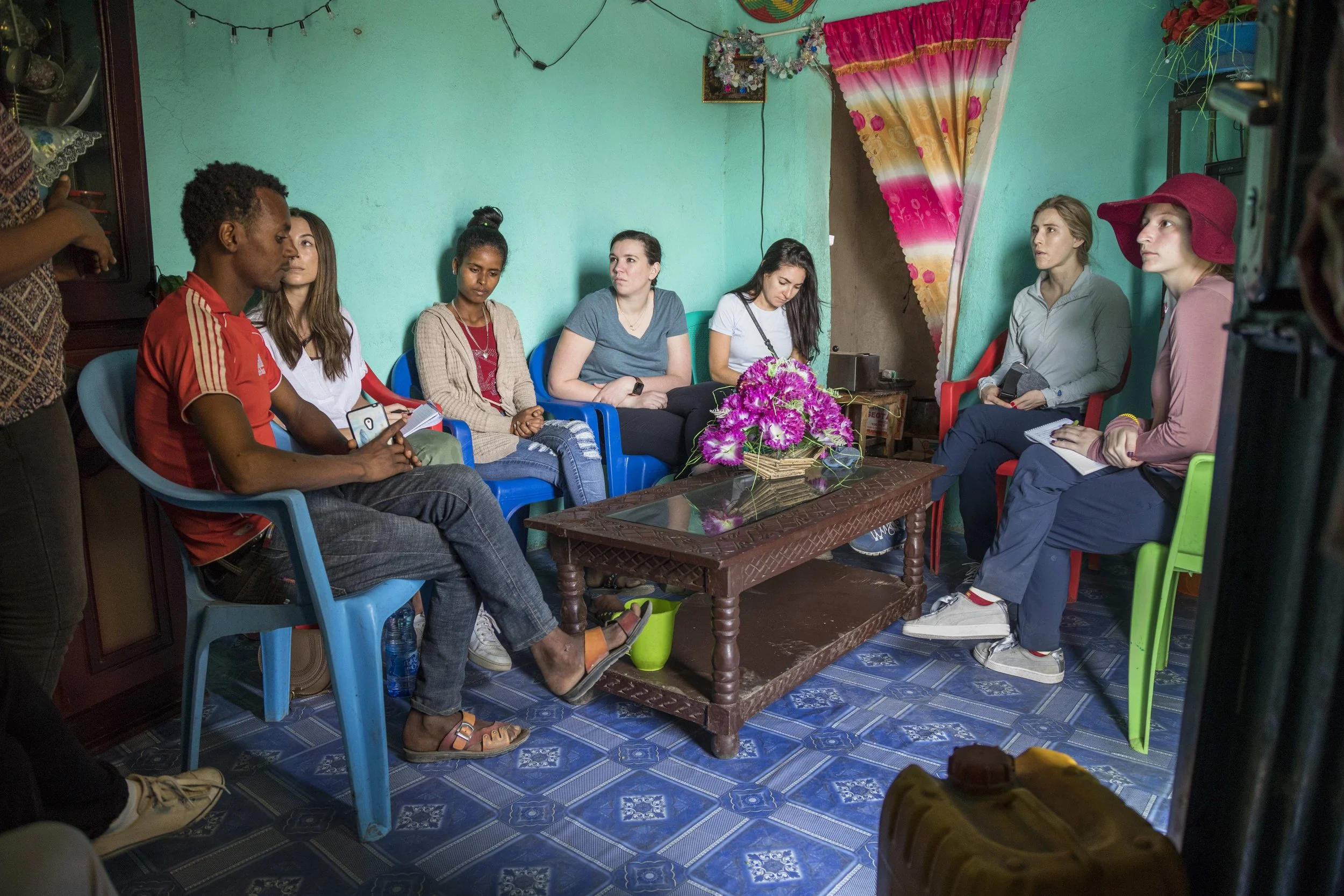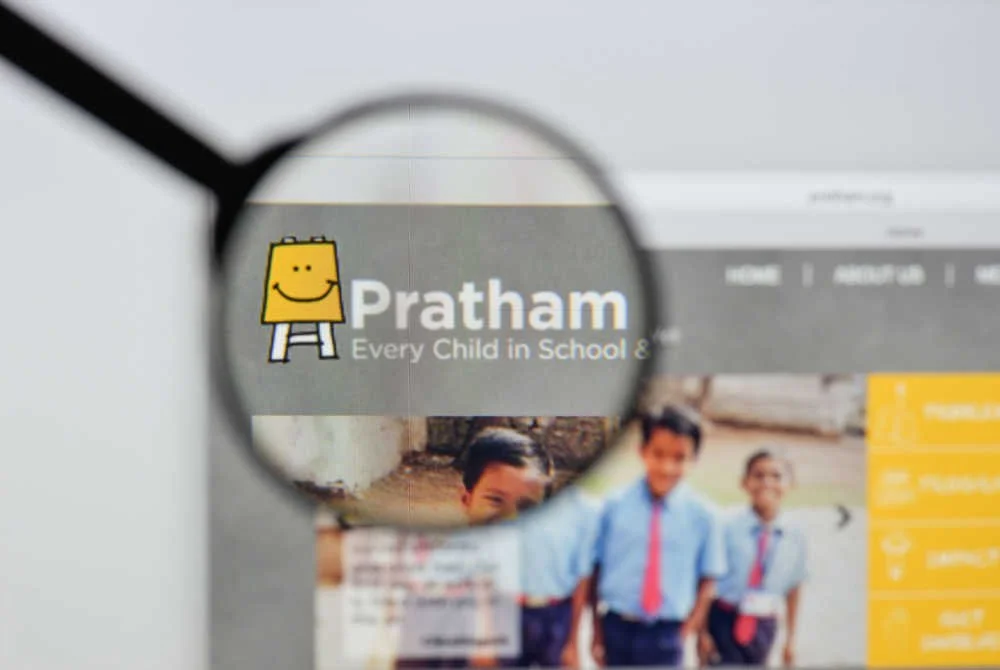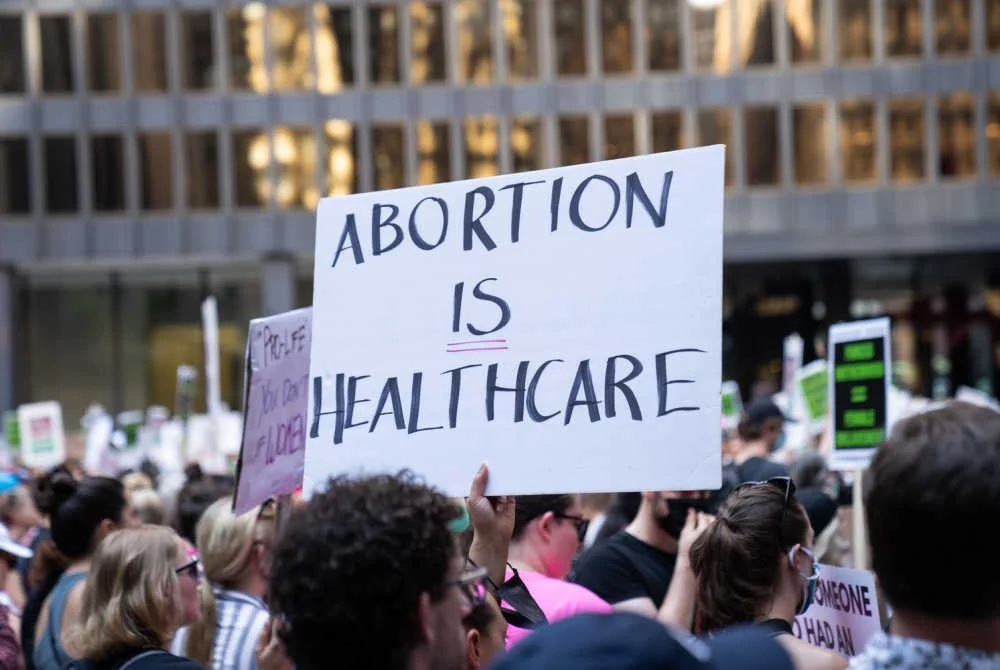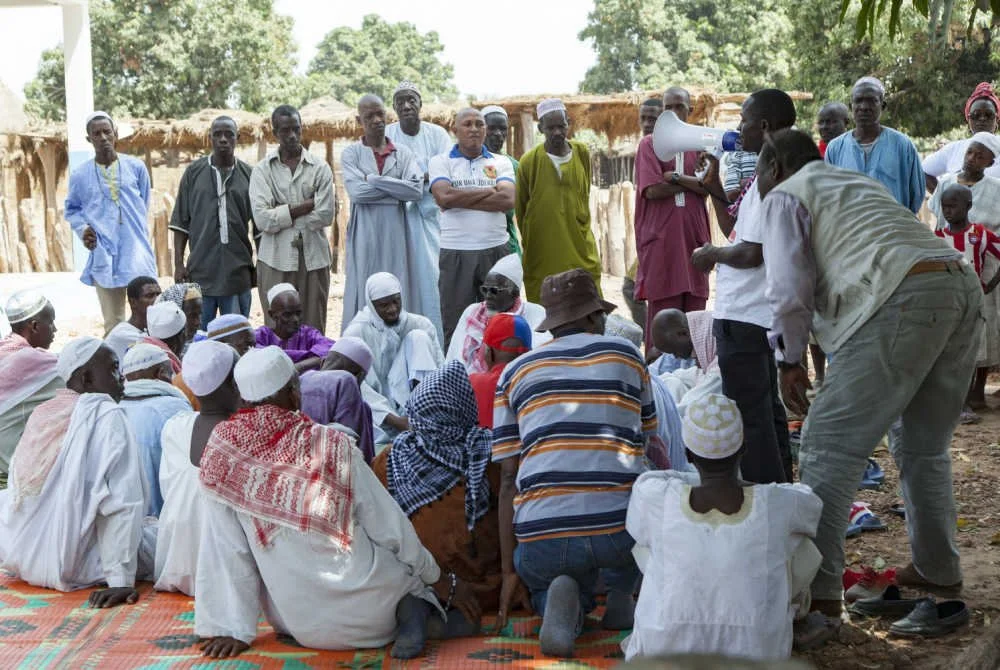Weathering the Storm: How a Global Family Planning Outfit Is Coping With Funding Cuts
/photo: Hector Conesa/shutterstock
President Trump has made a mission of cutting funding for women’s reproductive health, but funders and grantees are responding with changes of their own.
Trump began slashing as soon as he was sworn in, ending U.S. funding to the United Nations Population Fund. The United States was one of the UNFPA’s biggest contributors, and at the time of the announced budget cuts, the organization already faced a $700 million funding shortfall.
But Trump’s most far-reaching action, taken a year ago, was to re-impose the Mexico City Policy, also called the Global Gag Rule, leaving family planning organizations facing the loss of millions of dollars in USAID funding.
The Mexico City Policy bars U.S. foreign aid from flowing to any nongovernmental organization abroad that discusses abortions as a family-planning option. Trump’s order means the Global Gag Rule now applies to an estimated $9.5 billion in foreign aid.
Major recipients of USAID dollars have stated that they will not comply with the gag rule, and they predict that the resulting global loss in services could lead to millions of unintended pregnancies, as well as a spike in maternal deaths and unsafe abortions. The International Planned Parenthood Federation alone has said that it stands to lose up to $100 million for refusing to comply with the rule.
Last year, we reported that private and government funders alike were scrambling to close these gaps in funding. Most notably, the She Decides conference held in March 2017 resulted in at least $300 million in commitments to support global family planning efforts, including new pledges by the Gates Foundations and one from an anonymous U.S. donor who committed $50 million to the cause.
Related: Plugging the Gap: What Are Funders Doing to Respond to the Global Gag Rule?
Meanwhile, major organizations in this space are pursuing their own urgent efforts to find new resources. In a test case for how donors and grantees will respond to the crisis, Marie Stopes International (MSI), a top player in the field of women’s health, is mobilizing to make up a funding gap it projects will total $80 million for the period 2018-2020.
In a possible sign of things to come, MSI’s experience in keeping services flowing in 2017 points to increased funder willingness to rise to the occasion.
“Thanks to the generous support of other donor governments and private foundations, we were able to secure replacement funding in the wake of the Global Gag Rule to keep most of our at-risk programs running at capacity through 2017,” said Marjorie Newman-Williams, MSI vice president and director of external affairs, speaking to Inside Philanthropy.
“The Hewlett Foundation and the Children’s Investment Fund Foundation stepped up immediately following the She Decides conference last March to provide much-needed flexible funding for programs affected by our loss of U.S. government support,” said Newman-Williams.
MSI’s funders offered varied reasons for helping to close the 2017 funding gap, with motivations ranging from bridging immediate shortfalls to maintaining long-term, sustainable health services.
“Our grant to Marie Stopes International after the reinstatement of the Mexico City Policy acknowledged the importance of their work in the Sahel and the effect a sudden decrease in U.S. government funding would have on the women and families they serve,” said Margot Fahnestock, program officer for global development and population at the Hewlett Foundation. “For us, it was important to give MSI flexibility to fill gaps in the program in the near term and breathing space to identify other partners in the medium term.”
Miles Kemplay, director, adolescent sexual health, at the Children’s Investment Fund Foundation explained that CIFF “invests to ensure girls and women have access to the same opportunities in life, wherever they live. It is clear that the work of Marie Stopes International, particularly in sub-Saharan Africa, supports this goal. So when a source of income to deliver services is so abruptly cut off, as it was with the re-imposition of the Mexico City Policy, we decided it was a worthwhile investment.”
Kemplay said that CIFF’s investment in Marie Stopes International “will not just help ensure that vital services continue to be delivered, but will also support Marie Stopes’ longer-term plan to ensure that these services will continue to be available—long after grant giving like this finishes. Marie Stopes’ focus on sustainability is one of the key reasons CIFF chose to support the organization in this extraordinary year.”
Despite encouraging signs that the global philanthropic community will help organizations such as MSI weather the current storm, the loss of USAID money still poses a huge challenge.
“With several programs facing a cliff edge by June 2018, we need the help of many more donors who are committed to women’s dignity and reproductive choice to close an $80 million funding gap,” said Newman-Williams.
Because the sustainability of reproductive health services to millions of women is at stake, the current shakeup is also affecting the longer-term funding strategies of organizations such as MSI.
“The Global Gag Rule has underscored the need for MSI to diversify our funding sources so we are less vulnerable to shifting political winds that we cannot control,” said John Lotspeich, director of partnerships and resource mobilization at MSI, speaking to Inside Philanthropy. “In addition to retaining our base of committed donors and supporters, MSI has prioritized expanding our supporters to individuals who believe in empowering women with contraception and safe abortion care.”
Lotspeich said the funding gap had “reinforced the wisdom behind MSI’s founding vision of building a sustainable social business in countries where services can be funded through a mix of public and private partnerships, and revenue from those who can afford to pay for services.”
MSI’s experience also shows that the gag rule is affecting how grantees go about raising money, not least in the U.S., the epicenter of the current funding earthquake—and also the home of many major new philanthropists who are in the process of determining their giving priorities.
“The Global Gag Rule has reinforced our decision to focus the energy of our U.S. team on building new relationships with private foundations and individual donors,” said Lotspeich. “Our U.S. office will be instrumental in the decision to diversify our funding sources and engage with passionate and committed individuals—as well as a wide range of foundations—who believe that contraception can transform women’s lives and have limitless positive ripple effects.”
With Trump’s re-imposition of the Global Gag Rule, and three more years left in his presidency, instability in funding for global reproductive rights isn’t going away any time soon. Looking ahead, both grantees and funders can be expected to continue adapting, with more stories like MSI’s in the cards for 2018.







































